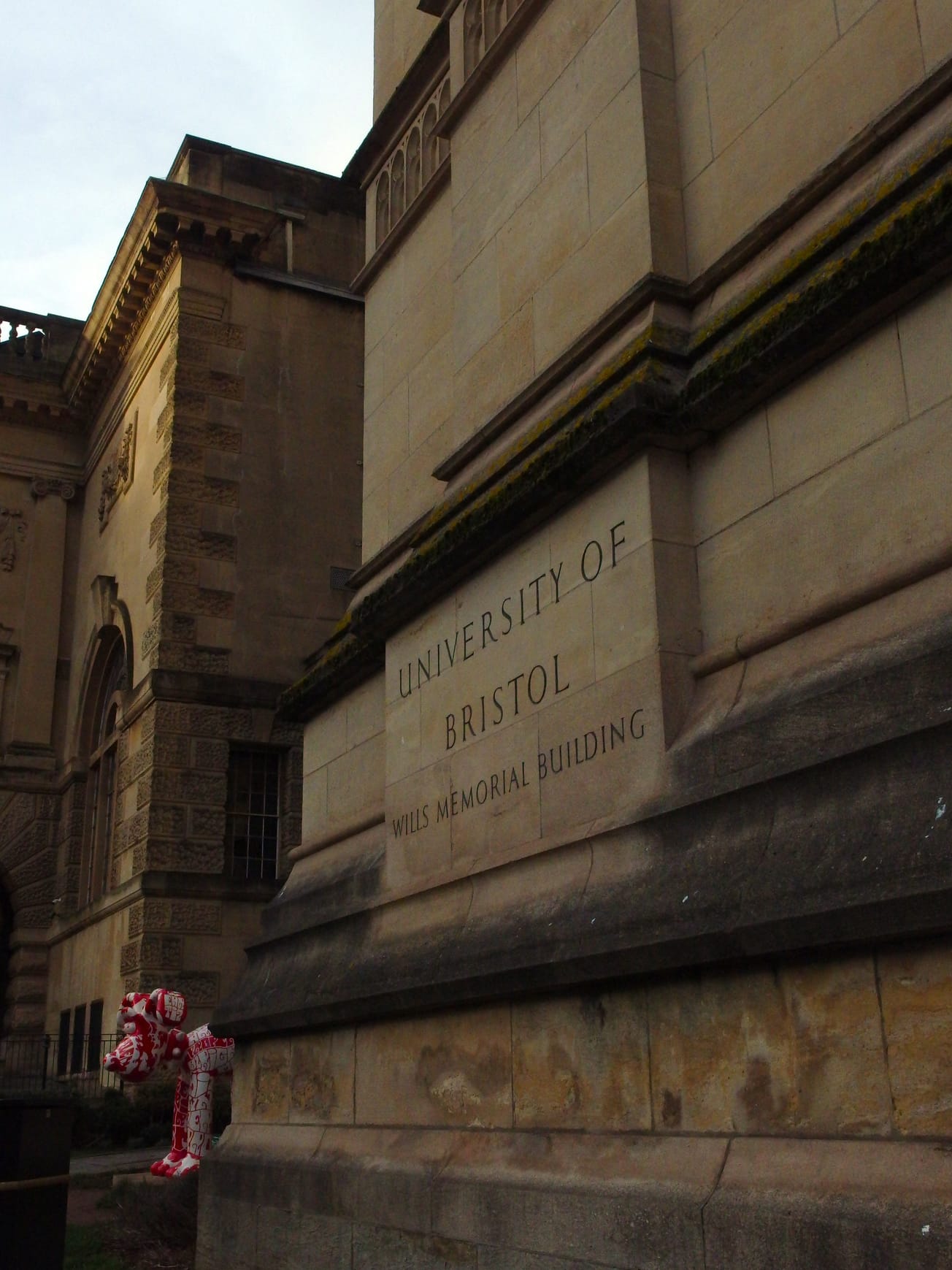Labour Chancellor Rachel Reeves has finally announced her Autumn Budget, featuring new and increased spending on public services and increased taxes. Headline changes include cheaper pints and increased investment in education - but what do these changes really mean for students?
By Otto Proctor, News Sub-Editor
Day-to-day impacts on student finances
Students working part-time alongside their studies will see a 6.71% rise in minimum wage to £12.21 per hour, for those aged 21 or older. For 18 to 20-year-olds, the minimum wage will rise from £8.60 to £10 an hour. Labour’s plan to move towards a single adult rate is central to their promise of delivering a “genuine living wage for working people”. For students working to cover living costs alongside their studies, this rise could ease pressures amidst rising rents and living costs.
A more eye-catching headline of the budget announcement regards Labour’s cut on draught beer tax by 1.7%, leading to a likely 1p price fall. This is accompanied by an increased tax on non-draught beers in line with inflation. While the cut may appeal to students who are regular pub-goers, the impact of a penny-per-pint decrease is modest, especially with other living costs climbing. Thus, it is unlikely that students will feel increasingly well-off regarding their beer consumption.
The Autumn Budget has also set out taxes on vaping and smoking. Vape liquid will be taxed at £2.20 per 10ml, from October 2026. Tobacco taxes will rise by 2% above inflation, and tax on hand-rolling tobacco will increase by 10% above inflation, both with immediate effect.
Reeves stated that these taxes will “maintain the incentive to give up smoking”, adding that “these measures will raise nearly £1bn a year”. These tax hikes have been scrutinised, with the new Labour government being criticised as a ‘Nanny State’, particularly after the proposed ban of disposable vapes on June 1, 2025. That said, for many Bristol students, these taxes represent an unwelcome increase to their costs.
Public services boost
A more positive outlook for Bristol students regards a pledge of £300 million of investment in higher education, part of a 19% increase in education spending. Labour is looking to build a more secure future for the UK higher education sector amidst financial instability.
Graduate employment and future outlook
The employer’s national insurance rate has been increased by 1.2 percentage points to 15%. Higher national insurance rates may impact graduate job prospects, with experts predicting businesses will feel the squeeze. For those nearing graduation, the increased national insurance burden on employers might tighten the job market, impacting the availability and quality of entry-level roles.
The UK job market’s future remains uncertain, contingent on how well Reeves’ public investment and increased borrowing translate to broader economic outcomes. Despite projections of short-term boosts to the economy, forecasts from the Office for Budget Responsibility (OBR) and Resolution Foundation suggest that the short-term growth may fade over time. As students look to the future, lack of clarity on job markets and projected slowdowns in growth could make securing stable employment more of a challenge.
The outlook for students is undoubtedly mixed. While immediate benefits may be seen in public services and wages, the longer-term effects on graduate employment remain uncertain.
The immediate increases in tobacco costs are likely to be felt by many students, although the tax on vape liquid won’t take effect for another two years. And, disappointingly, the purported cuts to draught beer tax are unlikely to affect the often ludicrous pint prices in Bristol.









